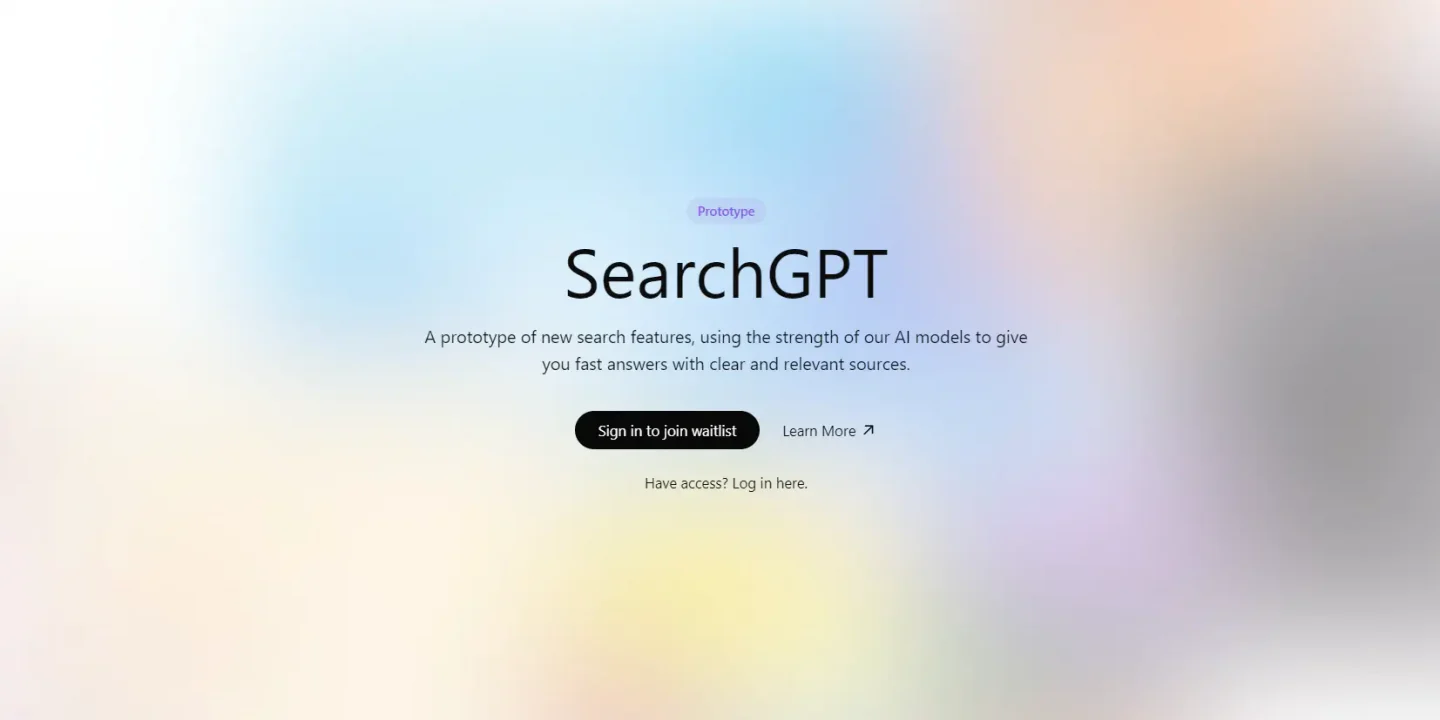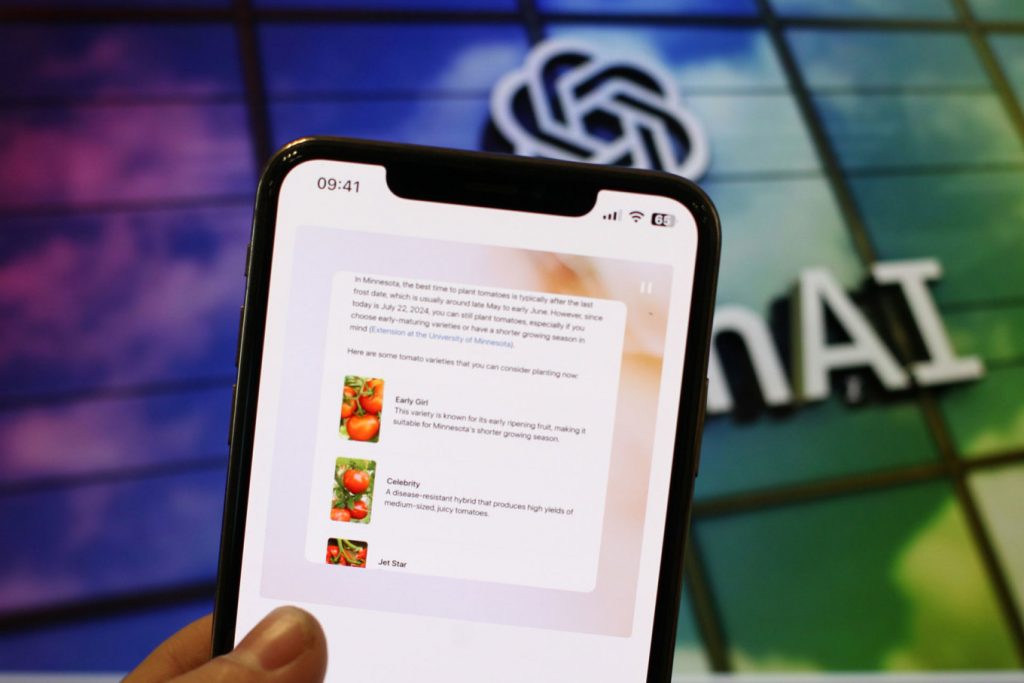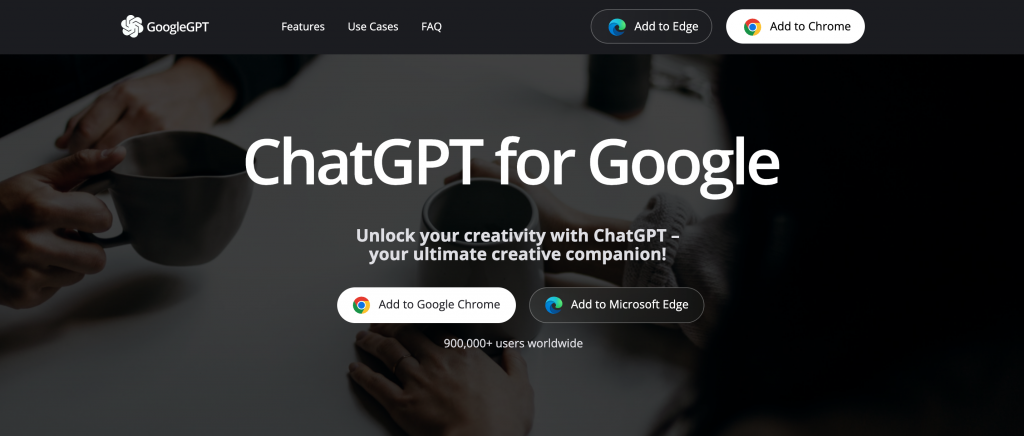
In the rapidly evolving world of artificial intelligence, ChatGPT has been a groundbreaking tool, revolutionizing how we interact with machines. However, as technology advances, so do our expectations. Enter SearchGPT, the latest innovation in AI-driven conversation. While both models stem from the same powerful foundation, SearchGPT introduces significant improvements and new capabilities that set it apart from its predecessor. Could this be the next big thing in AI? Let’s explore.
The Foundation: ChatGPT
ChatGPT, developed by OpenAI, has been a remarkable tool for generating human-like text, assisting with everything from answering questions to creative writing. Its ability to understand context and generate coherent responses has made it a favorite for many users seeking conversational AI. However, ChatGPT has its limitations. It primarily relies on a fixed set of training data and lacks real-time access to the internet, which can sometimes lead to outdated or inaccurate responses.
The Leap Forward: SearchGPT
SearchGPT builds upon the strengths of ChatGPT while addressing its limitations. One of the most significant enhancements is its ability to access and search the internet in real-time. This capability allows SearchGPT to provide up-to-date information, making it an invaluable tool for users who require current data, news, or insights.

For instance, if you’re looking for the latest developments in a rapidly changing field like technology or finance, SearchGPT can pull the most recent articles, reports, or statistics, offering a more accurate and timely response. This is a game-changer for industries that thrive on the latest information, such as journalism, academia, and market research.
Enhanced Contextual Understanding
Another key improvement in SearchGPT is its enhanced contextual understanding. While ChatGPT is excellent at generating responses based on the context provided within the conversation, it sometimes struggles with more complex queries that require deeper comprehension. SearchGPT addresses this by leveraging advanced algorithms that allow it to better understand nuanced questions and provide more accurate, contextually relevant answers.
For example, if you’re asking about the implications of a new government policy, SearchGPT can not only provide an overview of the policy but also access expert analyses and diverse opinions, offering a more comprehensive and nuanced response. This capability makes it an invaluable tool for decision-makers and analysts who need to consider multiple perspectives.
Real-Time Fact-Checking and Accuracy
Misinformation is a growing concern in the digital age, and ChatGPT, while powerful, can sometimes generate responses based on incorrect or outdated information. SearchGPT tackles this issue head-on with real-time fact-checking. By accessing reliable sources on the internet, it can cross-reference information and provide users with the most accurate answers available.

This real-time fact-checking feature is particularly beneficial for academic research, professional consulting, and any scenario where the accuracy of information is paramount. It reduces the risk of spreading misinformation and ensures that users can trust the responses they receive.
Is SearchGPT the Next Big Thing?
With its advanced capabilities, SearchGPT certainly has the potential to be the next big thing in AI-driven conversation. Its ability to access real-time information, coupled with enhanced contextual understanding and real-time fact-checking, makes it a powerful tool for a wide range of applications. From business professionals needing the latest market insights to students seeking accurate academic resources, SearchGPT offers a versatile and reliable solution.
Moreover, as AI technology continues to evolve, the potential applications for SearchGPT are boundless. We can envision it being integrated into customer service platforms, personal assistants, and even specialized roles like legal consulting or medical advice (always under professional supervision, of course).
While ChatGPT laid the foundation for conversational AI, SearchGPT builds upon it, offering a more dynamic, accurate, and versatile experience. As we continue to explore the capabilities of AI, SearchGPT stands out as a significant step forward, poised to reshape how we access and interact with information. Whether it will become the next big thing depends on how seamlessly it can integrate into our daily lives and meet the ever-growing demands of users. Nonetheless, its potential is undeniable, and it’s exciting to see where this journey will lead.














